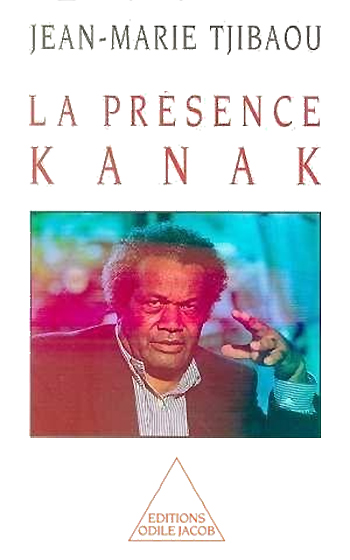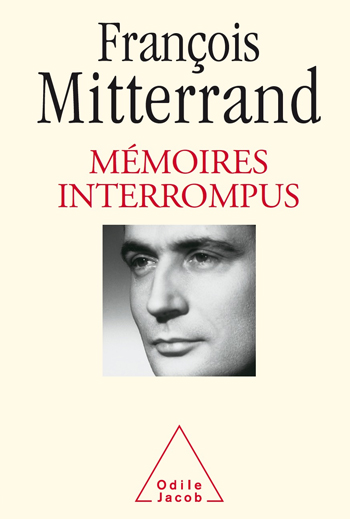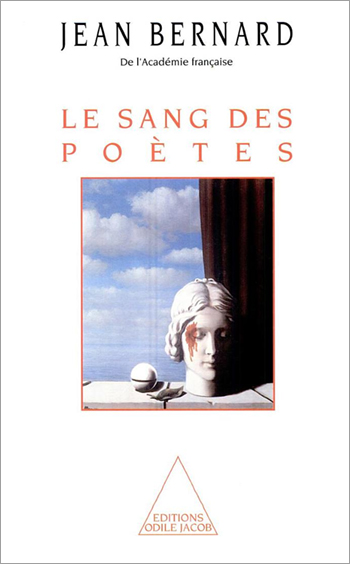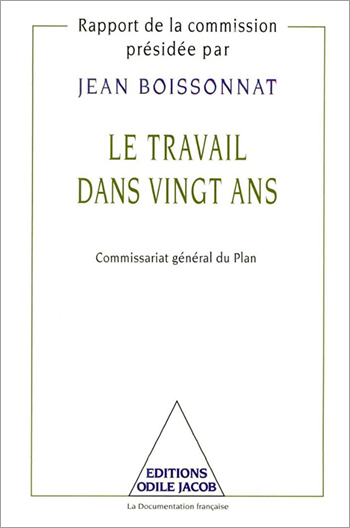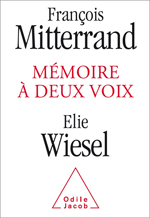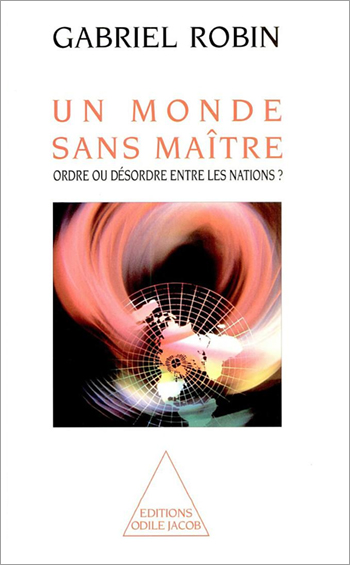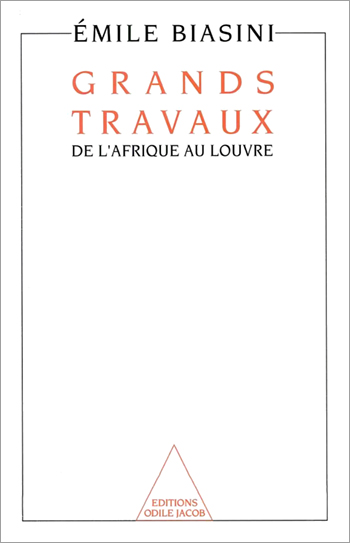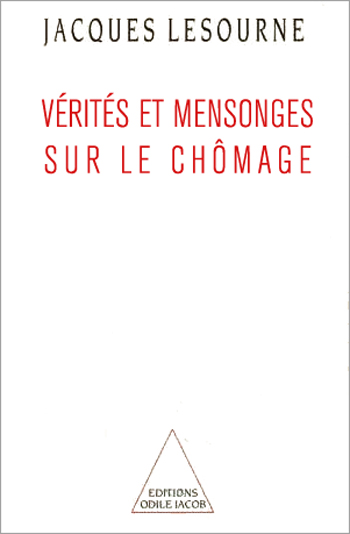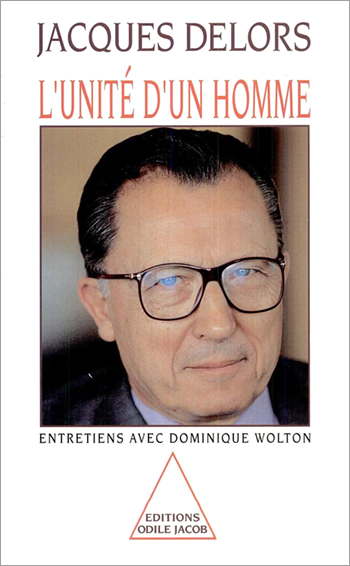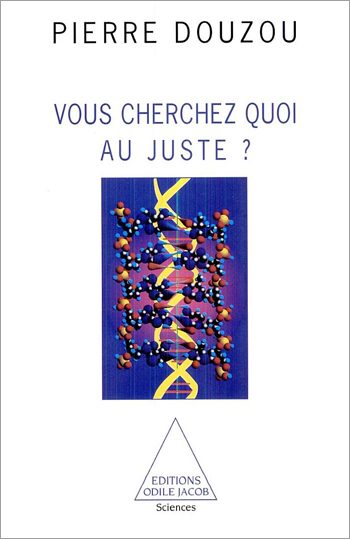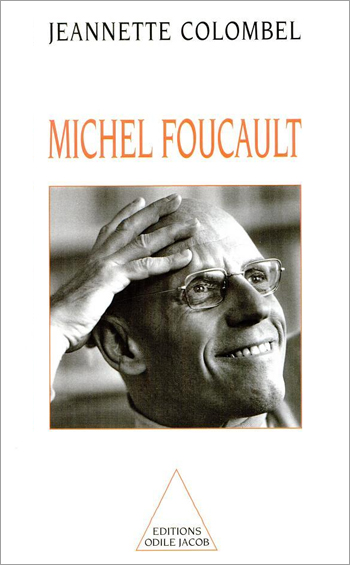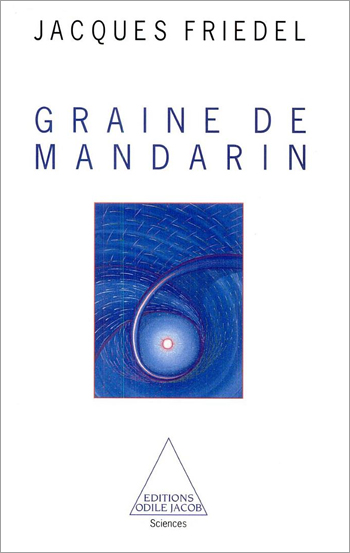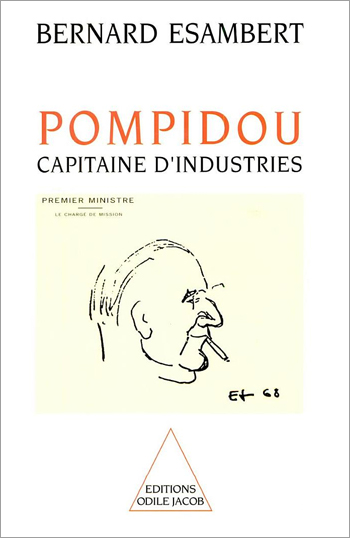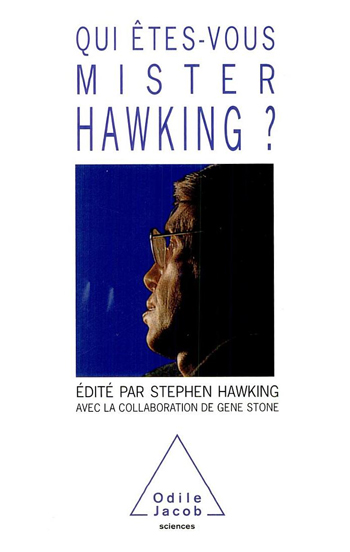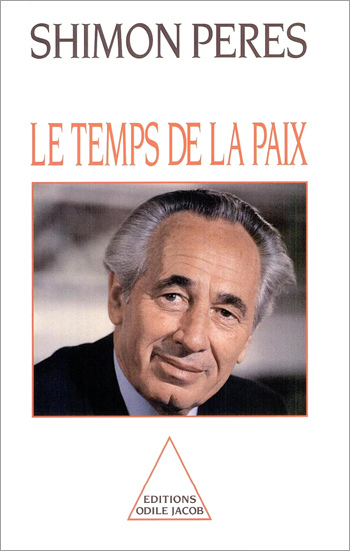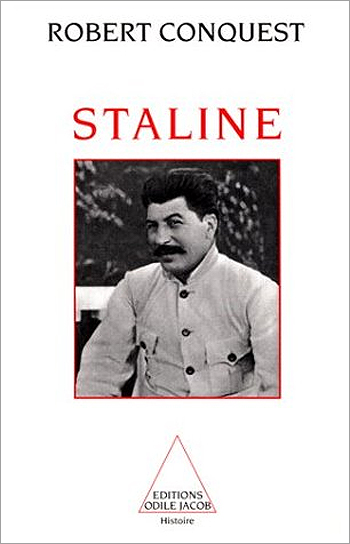Documents All books
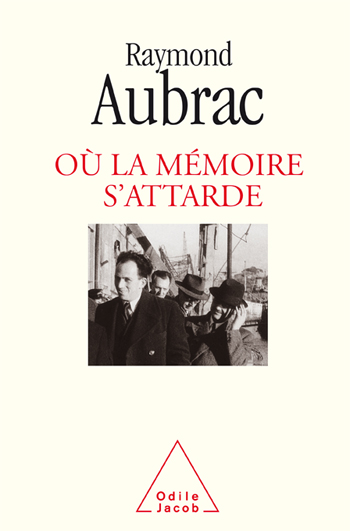
Raymond Aubrac
Where the memory lingers
Discreet by nature and secretive by necessity, Raymond Aubrac has been closely involved in more than half a century of history, in France and abroad. Within France, he is one of the great figures of the Resistance, and is one of the last survivors of the meeting at Caluire, on June 21st 1943, in the course of which Jean Moulin was arrested. A confidant of Ho Chi Minh, Raymond Aubrac also played a central role in the secret negotiations which accompanied the Vietnam war. In this book he gives a new, personal account of these events and others, including his meeting with de Gaulle, his role in the reconstruction of France, and his work at the heart of the UN.
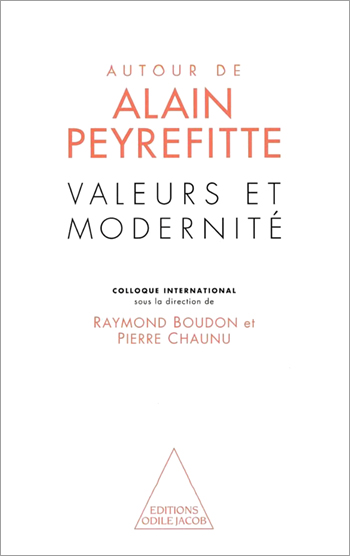
Alain Peyrefitte, Raymond Boudon, Pierre Chaunu
Values and Modernity Expanding on Alain Peyrefitte
With The Society of Confidence, and Of the Economic Miracle, Alain Peyrefitte has illustrated that growth is not primarily founded on the material wealth of a nation, capital, or even on work. Development is intrinsically linked to mentalities and values, which are the essential elements of economic, political and social modernity. Using this thesis as a starting point, the Institute of France organised a conference which brought together economic and technological historians, sociologists, criminologists, and experts from across the world, amongst which were R.Boudon, S.Eisenstadt, D.Landes, and S.Lipset. The wide spectrum of debate runs from the history of religious mentalities (P. Chaunu, J.Delumeau), to penal philosophy (D. Szabo). The comparative outlook of this book allows the reader an insight into the hidden depths of confidence, from Switzerland (J.-F. Bergier), to Japan (Terushi Hara), right through to the Third World (P. Moussa).
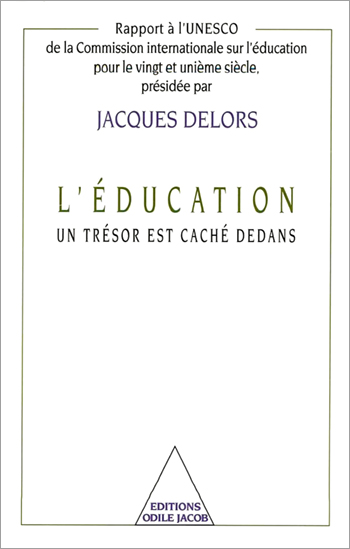
Jacques Delors
Education The Hidden Value Within
In this book, Delors specifies the educational objectives we should strive for: competence is vital, but it is equally necessary to prepare people to master knowledge, to teach themselves, to live together and, most simply, to be. We must invent and instill an approach to education that truly prepares men and women to take their own futures in hand, and such a feat implies not only economic efficiency, but also an adequate preparation for everyday life. Shouldn't the mastery of education be the next challenge taken up by the global community?
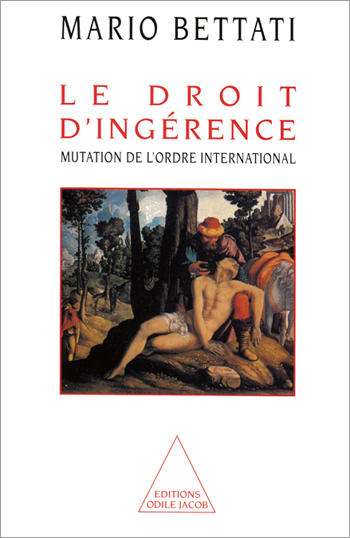
Mario Bettati
The Right of Interference Transformation of International Order
Inventor of the "right of interference", Mario Bettati, a professor of International Law, explains in this book the precise political circumstances and the legal context under which the right of humanitarian interference came about. This book is divided into four parts which follow both a chronological and a logical order. Beginning with interference as verbal denunciation, following with interference as medical assistance, he speaks of forced interference (Yugoslavia, Somalia and Rwanda) and finishes by dissuasive interference (courts for crimes against humanity and conflicts observatories). A thorough presentation of an important subject.
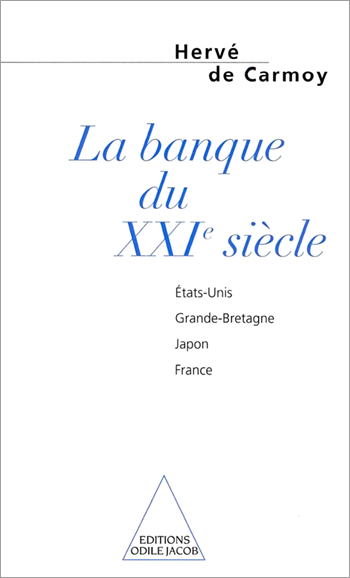
Hervé de Carmoy
The Bank of the 21st Century USA, Great Britain, Japan, France
This past decade has seen a profound modification of the banking environment due to technological mutations and a globalization of economy. What is the future of one of the oldest trades in the world, the money trade? What will tomorrow's bank look like?Hervé de Carmoy gives a thorough account of the recent banking evolutions in the United States, in London, in Japan, as well as in countries in full expansion, such as China. He takes stock of the setting up of bank industry in France. He questions the impact of drug money on financial circulation and diagnoses the emergence of a new banking model, the "Dividend-Bank", centered around transparence, rigour, profit and the obsession with clients. Former administrator-in-chief of the Midland Bank in London, Hervé de Carmoy is currently chairman of the BIMP. He is the author of "Banking Strategy".
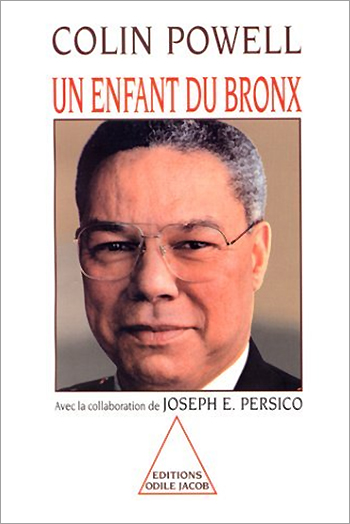
Colin Powell, Joseph E. Persico
My American Journey
Colin Powell is the incarnation of the American dream. Born of Jamaican parents, he lived a tough urban life before embarking on a brilliant career in the army, then at Washington. The rest is history. The man who was once at the head of the United States Armed Forces, and is today one of the most important figures in American politics recounts his progression in life : from the dangers of Vietnam to the garrisons of Korea, from the deep South to the corridors of the Pentagon and then the White House, under Reagan and Bush, at the time of the Star Wars, Irangate, and the Gulf War. With the collaboration of Joseph E. Persico.
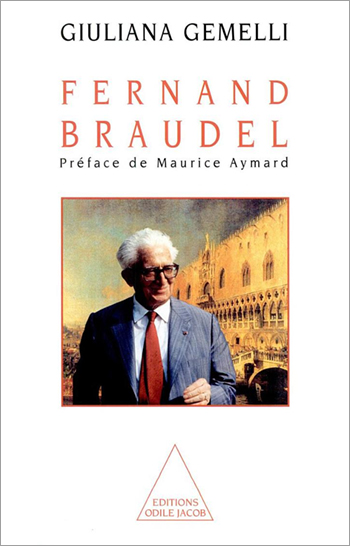
Guiliana Gemelli
Fernand Braudel
Fernand Braudel is considered as one of the major historians of the XXth century. Making his stand against factual history, he was one of the founders of the triumph of new history: the history of human societies rooted in their geographical space and obstinately determined to produce their material civilization there. This biography takes its strength from friendly conversations between Braudel and Giuliana Gemelli, who because she is Italian, had the necessary distance to make a demanding quest.
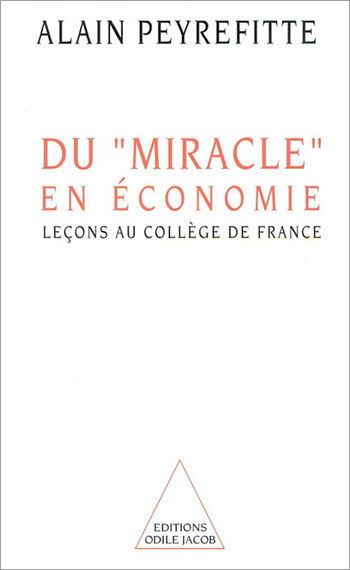
Alain Peyrefitte
The Economic "Miracle"
The 20th century has been marked by the growing awareness of the unbearable gap between developed and under-developed countries. And the most outstanding fact of the next century will probably be the worsening in this imbalance. In order to find a solution to the under-development scandal, Alain Peyrefitte attempts to understand the miracle of development. He examines the successive miracles which have allowed a part of humanity to pull through the turns of dictatorship or anarchism, violence and destitution.
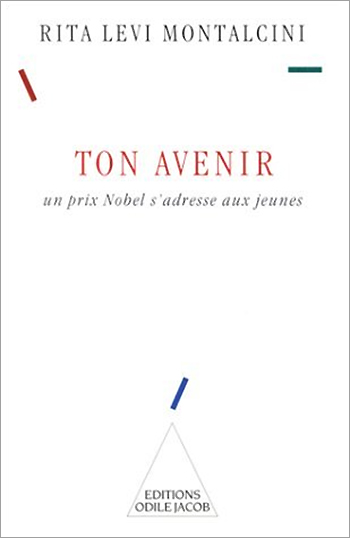
Rita Levi Montalcini
Your Future A Nobel Prize which speaks to young people
When a great scientist makes a point of getting through to young people and those around them.... When a Nobel prize brings within everyones reach all the key principles of biology.... When an exceptional woman passes down to new generations the values on which she has based her life.... Science with a conscience ! Rita Levi Montalcini recieved the Nobel Prize for Medicine. Born in Turin, but forced from Italy by the Fascism, she has for many years taught in the United States.
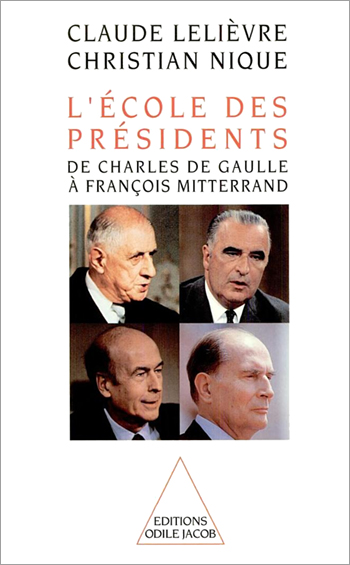
Claude Lelièvre, Christian Nique
The School of Presidents From Charles de Gaulle to François Mitterrand
What kind of education shaped Charles de Gaulle, Georges Pompidou, Valéry Giscard d'Estaing and François Mitterand? Who were their mentors? What was their opinion of school? What role is played in educational politics by a nationalist "Saint-Cyrien", a conservative "Normalien," a liberal from Polytechnique or ENA, or a socialist from Sciences-Po? How did their different educational experiences affect their actions and their views? A story of four great men who were once just schoolboys like everyone else.
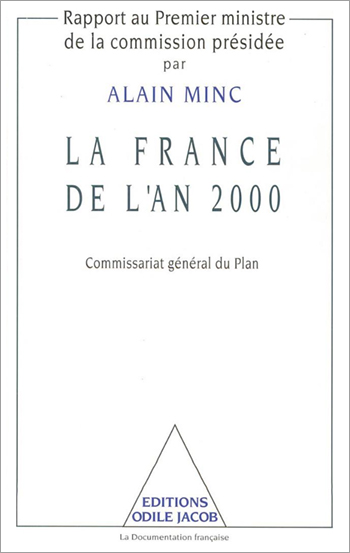
Alain Minc
France in the Year 2000
What are the biggest challenges of the year 2000? What great economic and social actions will France have to take in the years to come? The answer: assuring growth without inflation capable of favoring employment; making the state-providence more efficient, and adapting its productive system to the internationalization of trade. Edouard Balladur asked Alain Minc to address these key problems of French society and this work, an instant classic, will provoke reflection from a wide array of different personalities. A co-publication with La Documentation Francaise.
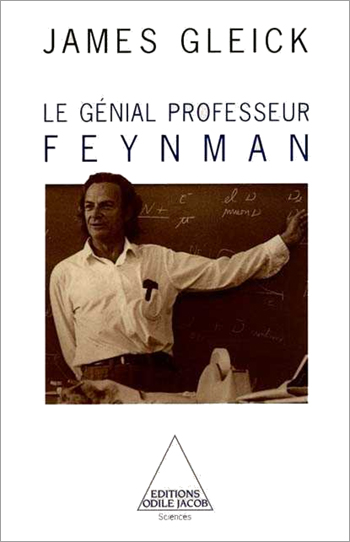
James Gleick
Genius: Richard Feynman and Modern Physics
Richard Feynman, Nobel Prize winner for his work on the description and calculation of interactions between particles, was a genius of our time. Quantum physics theoretician, enfant terrible of the Manhattan project and ascerbic critic of the investigative committee of the American space shuttle, Feynman left a profound impression on modern physics. James Gleick, a former journalist at The New York Times and author of the best-selling Chaos Theory, tells how Feynman's ideas were formed and how he reinvented particle physics. Through this portrait, Gleick explores the nature of genius itself and provides insight about the fascination that it engenders.
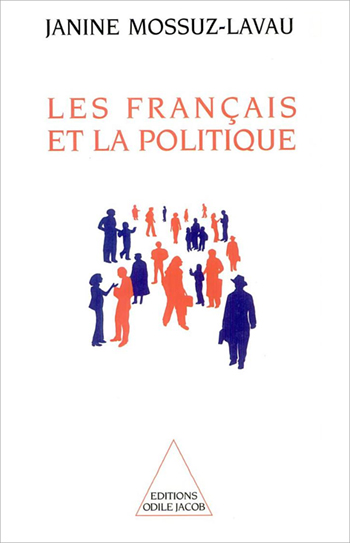
Janine Mossuz-Lavau
The French and Politics An Investigation of a Crisis
Are the French really discouraged and depoliticized? Janine Mossuz-Lavau decided to go into the field, to interview the people and give them a voice. What are they suffering from? What do they want? What do they believe in? These are the questions that she attempts to answer after having questioned men and women of all ages and social backgrounds, from all regions and personal affinities. Political analyst Janine Mossuz-Lavau is a Research Director at CNRS and the National Foundation of Political Science.
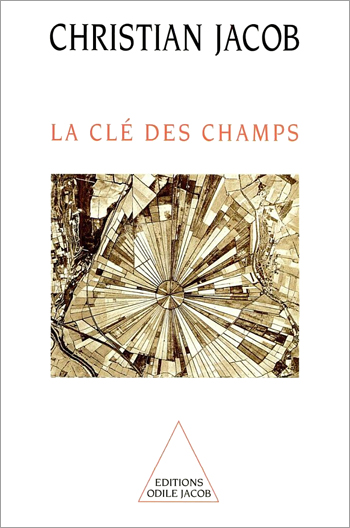
Christian Jacob
The Key to Fields Agriculture is no longer what you think
Is our agriculture moribund and our farmers condemned? Not necessarily. Christian Jacob's work tells the story of the path taken by a young farmer, while taking a critical look at both French and European agricultural politics and the snares of GATT. He argues that, rather than protect the rural world, it is necessary above all to help modernize it by providing methods that allow for increased income and sharpened competiveness. Christian Jacobs was the President of the Centre National des Jeunes Agriculteurs. He is currently a deputy in the European Parliament.
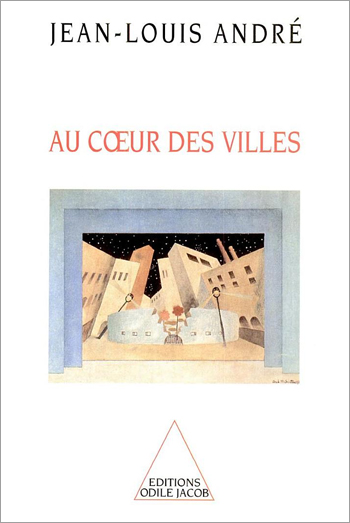
Jean-Louis André
At the Heart of Urbanity
What should be done about neglected suburbs, the bedroom towns, dehumanized, and deregulated ? When we are faced with buildings in ruins, with wasteland and concrete deserts ? The answer is to stop trying to fix the obvious defects of these surburbs and instead concentrate on the heart of the town, in the common space, which must take on the changes made and symbolise an identity. Jean-Louis André, graduate of the Ecole normale supérieure, is a journalist. He has notably published with Ricardo Bofill, The Spaces of A Life.
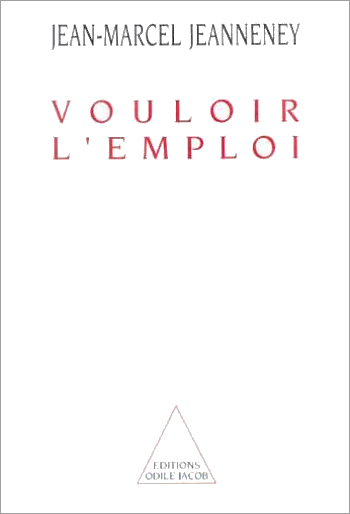
Jean-Marcel Jeanneney
Out of a Job
For the past twenty years France has been slipping into unemployment. This evil, which is becoming more and more serious, is leading our country into decline, and is threatening our democracy. After having described the difficulties resulting from the new world environment, the author discards the false solutions, such as intensified inflation, devaluation or protectionism. He then outlines the daring, but realistic policies he sees as necessary not only in France, but also for a more dynamic European Union. An economist, Jean-Marcel Jeanneney was a minister for seven years under the presidency of General de Gaulle. In 1980, he created the French Economic Research Institute, which he ran until 1990.

